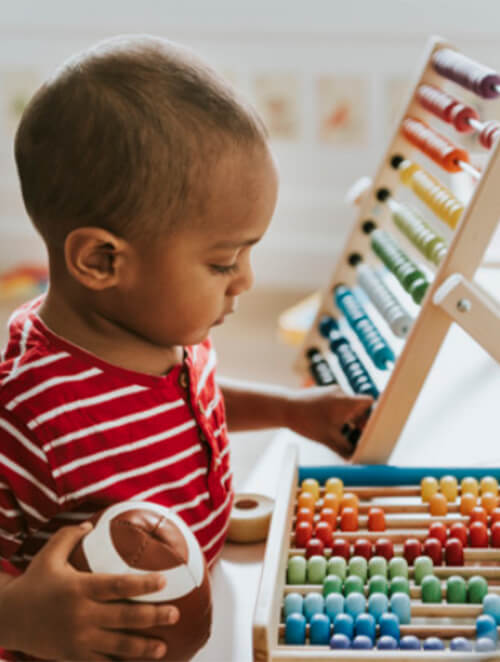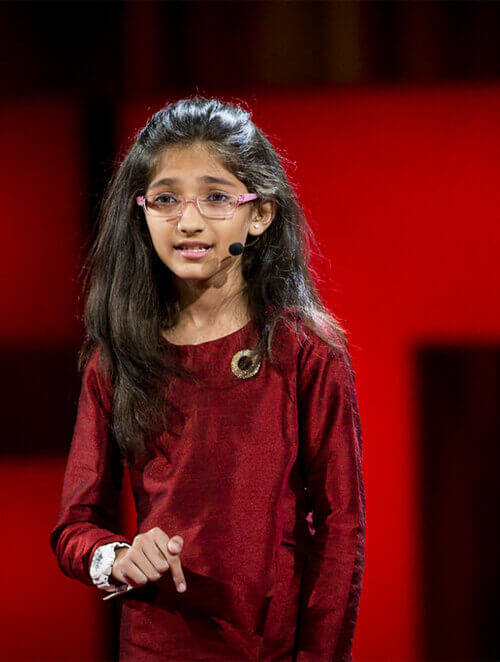Is the pandemic leading to a better parent-child relationship? If not then here is what you should do
 14413
14413

super easy
Waking up, getting ready for school, learning, playing, and coming home back was Rohan’s routine before the pandemic. All of a sudden, Rohan’s performance changed due to the outbreak of the virus. He started spending time on mobile and TV way too much and focused less on academics. This and many such concerns of kids getting aggressive, not doing enough physical activities etc are issue that have cropped up for parents in this ongoing pandemic.
COVID has also significantly impacted children’s education globally, where kids began complaining about stress and anxiety. Also, one in ten parents showed emotional burnout during the pandemic for various causes. Are you one of those parents looking to build a healthy bond with your kid in these challenging times?
Parenting contributes to love, care, physical, social, and intellectual development in children. The outbreak of coronavirus led to various challenges for parents as they were the center for everything. Parents found the change frustrating and demented suddenly. Witnessing the second wave and listening to the updates about the chances of the third wave, parents are worried about their children’s safety. They are restricting them from playing or explore things around them. Keeping academic importance in mind, parents are forcing children to attend online classes that are intact. Children lost social contact with friends and neighbors. Unknowingly, the situation leads to an increase in psychological distress, emotional problems in children and parents.
Many parents have lost their jobs, experienced a decrease in payslips, fell sick, and had to look after their sick relatives. Parents had to balance their change, and a few of them started working from home. As a result, anxiety, emotional efficacy, and behavioral disorders increased in number that raised mental health services. Have you ever secretly wished for some parenting tips during these challenging times?
To balance parent’s emotional barriers and children’s well-being, positive parenting mediates in a good way. Let’s see what positive parenting is.
Positive parenting is guiding and empowering children consistently while maintaining healthy boundaries. You can shower unconditional love while supporting their interests and get things done. It develops self-esteem and mental well-being that reduces stress.
● Be aware of your child’s emotions and make them understand.
● Find a course of action to connect with your child.
● Attempt listening to them without ignorance.
● Label the emotions they feel.
● Help them in finding solutions.
How to be an engaging parent?
● Reduce Punishing:
One can decrease the punishment and impart discipline creatively and gently as it may not help children improve their behavior. In the first three years, the repetitive sentence may lead to resentment, rebellion, revenge, and retreat, says Jane Nelsen.
● Do not be permissive:
One need not be permissive to be kind in giving them whatever they need. Clear communication is the key to make them understand their needs. Give a calm and rigid ‘No’ instead of a harsh ‘No.’
● Inculcate Thoughtfulness:
Try not to imitate someone in front of your kids and teach them to respect. It builds composure in children to deal with people and problems. Appreciate them for being good and give them a treat.
● Start Describing:
If your kids are silly and complaining, start explaining the situation and give them a solution. A good explanation will always be convincing to kids.
● Consistency:
Be consistent and teach kids to be consistent. If you are not consistent in the things you are doing, there will be confusion. Be it a new habit or nutritional diet, kids learn to be compatible with their parents.
● Patience:
Be patient in solving tantrums and sibling fights. If siblings are fighting for a TV remote, stop them and redirect. Try explaining the consequences. They will get to know the responsibilities and will learn to remain sane in tough times.
● Organize Fun Activities:
Try keeping daily activities that involve dance, music, and games with all the family members. This not only decreases their fear but also improves confidence, problem-solving skills, social skills, teamwork, and mental well-being.
● Sit back:
Take your time out whenever necessary if you feel that you have a lot on your plate. You are not alone in this. Even if kids are feeling pressured, let them take a break. If they are willing to speak, listen to them and make them comfortable. The activities mentioned above will help you in taking a break or try meditation or yoga.
● Digital Detoxification:
Be away from social media and news updates if they are overwhelming you and your family. Try filtering the fake news or misinformation coming to you.
What if you are a parent of a newborn?
Usually, mothers experience postpartum depression. Especially during these times, it would become difficult to get help from your parents or grandparents. Parents’ and kids’ health is equally essential—Baby’s need constant attention and support. One needs to pay attention to their needs and the baby’s needs. Try soothing techniques when the baby is crying, take tips from elders, and take help from your siblings or relatives nearby and healthy. Allow people into your home with necessary precautions. Consult your pediatrician if there’s any further trouble.
A study says that two-year-old children will be able to adapt to changes around them. You can try educating them about the pandemic and make them aware of things happening around them. Storytelling or enacting can help them understand much better.
Amidst the chaos, parents are the support to every child. Looking after each other and maintaining a healthy relationship will solve every possible problem in parenting. Helping kids to develop social-emotional abilities by evaluating their needs, tolerating emotional intensity, and enduring tough times with a bit of altruism can help us pull out of adversity together.
Follow us-
Instagram/ Facebook/ Youtube/ Pinterest





Leave a Reply